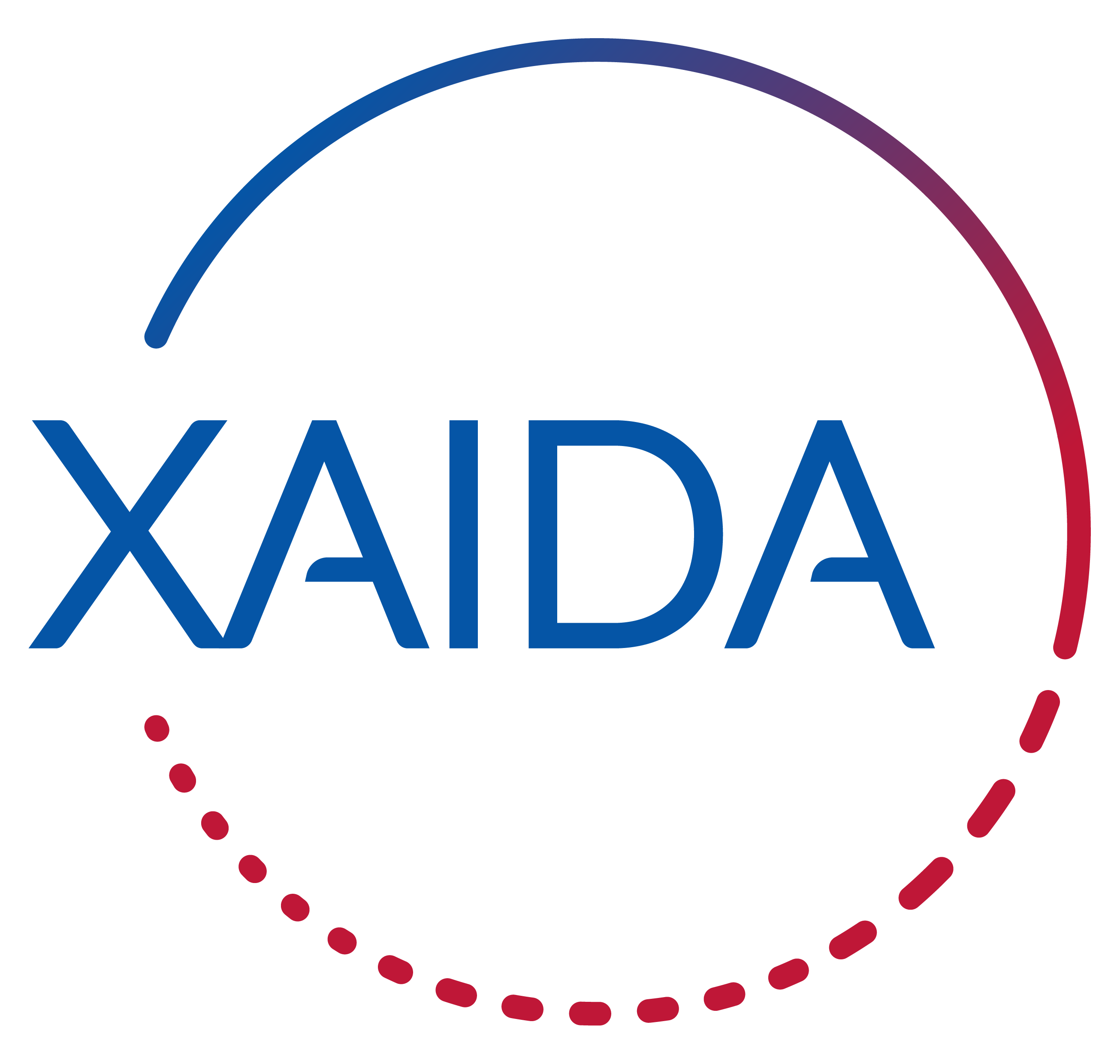Job offer: Post-doctoral Position in Attribution of Tropical Cyclones to climate Change via Statistical Learning (H/F)
Join the XAIDA Team at the Laboratoire des Sciences du Climat et de l’Environnement (LSCE-CNRS) to work in Attribution of Tropical Cyclones to climate Change via Statistical Learning under the supervision of Davide Faranda, Mathieu Vrac and Sebastien Fromang.
- ESTIMR team of the LSCE- Centre National de la Recherche Scientifique (CNRS)
- Salary: From 2743€ gross monthly
- Located in Paris area
Location: Gif-sur-Yvette, southwest of Paris
Missions
The European project XAIDA aims at developing and applying methods of artificial intelligence to the attribution of extreme events. A part of XAIDA is dedicated to the attribution of tropical cyclones to climate change. Nowadays, it remains extremely challenging to represent tropical cyclones in reanalyses as well as in global climate simulations. De facto, this limits our capabilities to perform attribution studies of these phenomena. The goal of the proposed work is to combine machine learning and bias correction methodologies to improve the representation of Atlantic Hurricanes cyclones in the ERA5 reanalysis and perform attribution studies of intense cyclones such as Ida in 2021. First, we will investigate why intensities of at least half of historical tropical cyclones are misrepresented in the reanalysis by means of clustering machine learning techniques. Then we will recover the intensity of the misrepresented hurricanes by bias correcting them on the bases of the Hurdat2 observations. We will therefore produce improved ERA5 reanalysis for Hurricanes 1950-2021 and perform an analog based attribution of intense cyclones. If time allows, we will apply this methodology to HighResMip Climate Simulations and project changes in frequency/intensity of Hurricanes in future emission scenarios.
Activities
First, the candidate will perform a dynamical assessment of the possible reasons for misrepresentation of hurricanes in ERA5 reanalysis. Secondly, they will learn the necessary tools (bias correction methodologies, machine learning methodologies) to correct the ERA5 data. Thirdly, the candidate will perform statistical verifications of the physical realism of ensemble simulations. Finally, they will perform attribution of selected case studies for recent extreme hurricanes (or events that occur during the course of the project). It will be necessary to interact with other methodological WPs (WP3: artificial intelligence; WP4: causality) and other members of the WP8 (tropical cyclones).
Skills
We are looking for a highly motivated candidate for a competitive research topic in climate science with a good knowledge of tropical cyclones. A PhD thesis in meteorology, climatology or physics will be required. Familiarity with statistical modeling tools is essential. Research experience in statistical climatology is desired. Familiarity with the climate data used (CMIP6 simulations, reanalyses) is an asset. Knowledge of R and/or Python is important. Teamwork, at LSCE, and with the other teams of the XAIDA project will be necessary.
Work context
The work will be carried out at LSCE (Gif-sur-Yvette, southwest of Paris), in the ESTIMR team, under the supervision of Davide FARANDA , Mathieu VRAC, Sebastien FROMANG and will benefit from the interaction with PhD students on topics related to the proposed project. Strong interactions are planned with ICTP (Erika Coppola) and the University of Valencia (Gustau CAMP-VALLS) to compare results of simulation methods. The results will be presented at XAIDA workshops and at major international conferences (e.g. EGU, AGU, EMS).
General Information
Reference : FR636-EVEMAG-075
Workplace : GUYANCOURT
Date of publication : Tuesday, February 8, 2022
Type of Contract : FTC Scientist
Contract Period : 36 months
Expected date of employment : 1 April 2022
Proportion of work : Full time
Remuneration : From 2743€ gross monthly
Desired level of education : PhD
Experience required : Indifferent
See the application process on the original Job offer publication.
 This project has received funding from the European Union’s Horizon 2020 research and innovation programme under grant agreement No 101003469.
This project has received funding from the European Union’s Horizon 2020 research and innovation programme under grant agreement No 101003469.
